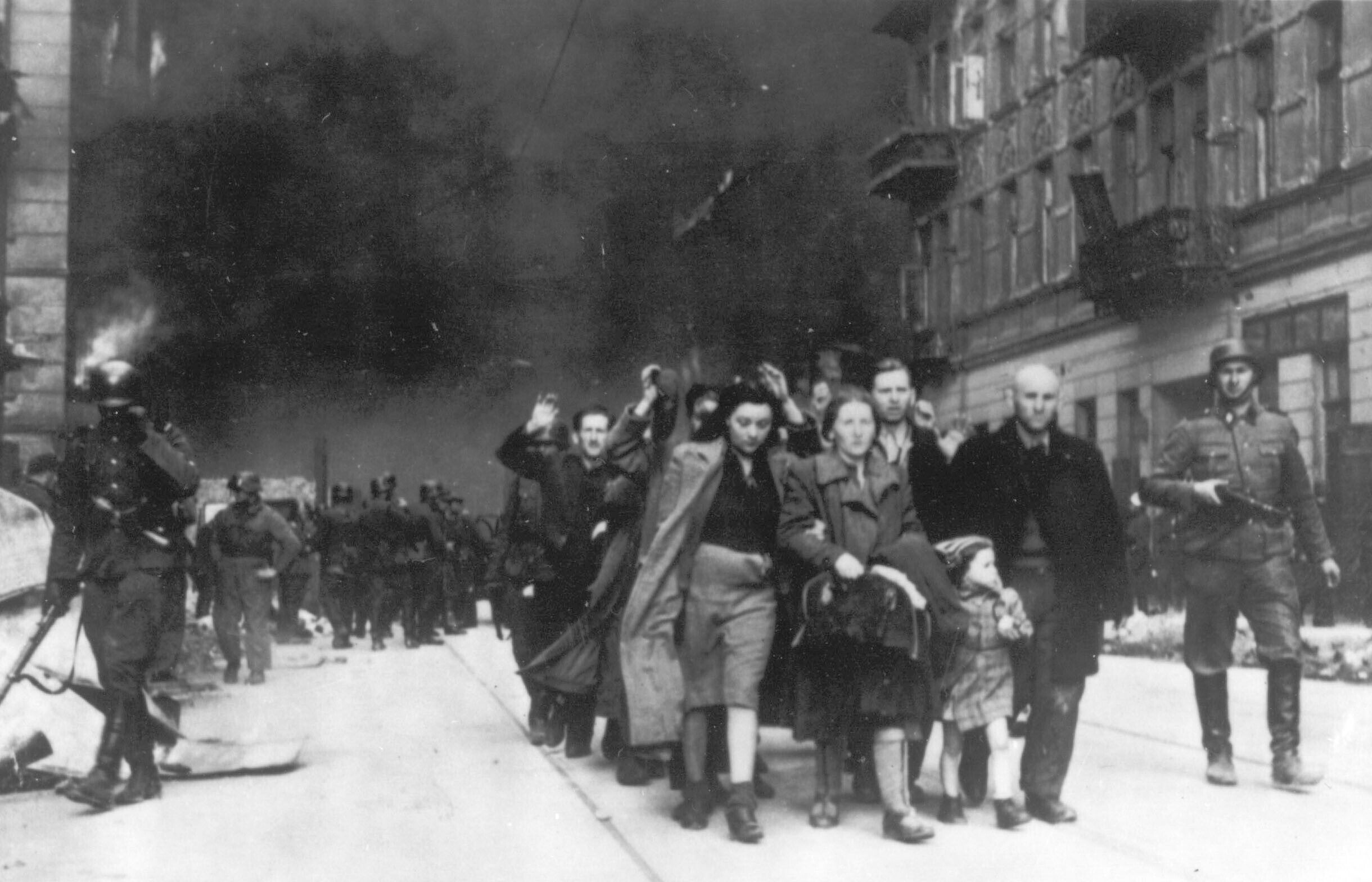Yad Vashem concerned over Polish case against researchers
Israel’s Yad Vashem Holocaust Memorial says it is “deeply disturbed” by the implications of a libel case in Poland

Israel's Yad Vashem Holocaust Memorial said Thursday it was “deeply disturbed” by the implications of a libel case in Poland in which two prominent Holocaust researchers were ordered to apologize to a woman for allegedly slandering her uncle over his wartime actions.
Lawyers for 81-year-old Filomena Leszczynska argued that the scholars had slandered her late uncle, Edward Malinowski, by suggesting he had helped kill Jews during World War II. The family says he saved Jews during the German occupation of Poland.
At stake in the case was Polish national pride, according to the plaintiffs, and according to the defendants, the future of independent research into an extremely sensitive issue.
In a statement, Yad Vashem stressed the importance of academic freedom and said any attempt to limit it through political or legal pressure was “unacceptable.”
It defended the two researchers, Barbara Engelking and Jan Grabowski, and the book they co-edited and partly wrote: “Night Without End: The Fate of Jews in Selected Counties of Occupied Poland."
“As with all research, this volume about the fate of Jews during the Holocaust is part of an ongoing discussion and as such is subject to critique in academia, but not in courts,” Yad Vashem said.
Grabowski, a Polish-Canadian history professor at the University of Ottawa, and Engelking, founder and director of the Polish Center for Holocaust Research in Warsaw, are among Poland’s most prominent Holocaust researchers.
The University of Ottawa issued a statement pledging its “unwavering support” to Grabowski and reiterating its commitment to academic freedom.
Poland was occupied by Nazi Germany during the war and its population subjected to mass murder and slave labor. While 3 million of the country’s 3.3 million Jews were murdered, so were more than 2 million mostly Christian Poles. Poles resisted the Nazis at home and abroad and never collaborated as a state with the Third Reich. Thousands of Poles have been recognized by Yad Vashem for risking their own lives to save Jews.
Yet amid the more than five years of occupation, there were also individual Poles who betrayed Jews to the Germans. The topic was taboo during the communist era and each new revelation of Polish wrongdoing in recent years has sparked a backlash.
Leszczynska has been backed by the Polish League Against Defamation, which is ideologically aligned with Poland’s ruling party. The scholars believe the case is part of a government-backed effort to promote its historical narrative.
Stanislaw Zaryn, the spokesman for the secret services in Poland, accused the media of “slandering Poland in the international arena” and harming the country's “information security” by reporting on the case.
Bookmark popover
Removed from bookmarks